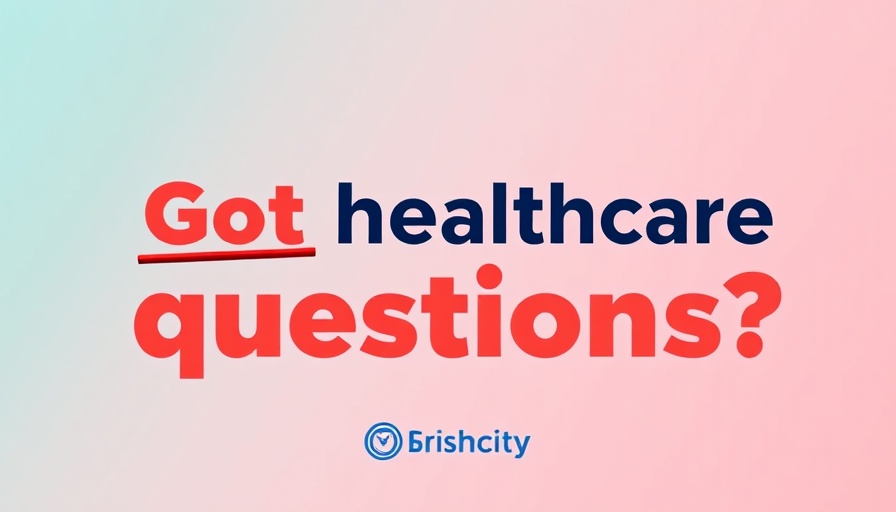
Concerning Times for Public Health
The appointment of Robert F. Kennedy Jr. (RFK) as Secretary to the Department of Health and Human Services is stirring up widespread concern among health professionals and activists. As someone who lacks a formal medical or scientific background, Kennedy's long history of vaccine skepticism poses a significant threat to the established public health initiatives aimed at preventing diseases through informed vaccination programs.
The Scientific Consensus on Vaccines
Vaccines have played an invaluable role in eliminating diseases that once caused widespread mortality. Historical data demonstrates that vaccination efforts have saved over 154 million lives globally within the last five decades, as clarified by numerous public health experts. Despite this, vaccine misinformation, perpetuated by figures such as RFK Jr., continues to gain traction. This wave of skepticism could lead to detrimental consequences, including increased outbreaks of preventable diseases like measles.
Emerging Data on Vaccination Rates
Reports indicate a staggering rise in measles cases, from just 4 in 2023 to 285 in just one short year. These numbers are alarming, especially when they include serious cases requiring hospitalization among young children and adults alike. As the anti-vaccine rhetoric finds its way into mainstream discourse, a greater number of unnecessary illnesses and hospitalizations can be anticipated, jeopardizing community health.
Understanding the Risks of Misinformation
Misinformation surrounding vaccines is not only misleading but harmful. Research shows no causal link between vaccines and autism, a claim that continues to be propagated despite overwhelming scientific data to the contrary. Misrepresented scientific studies can lead the public to erroneous conclusions about vaccine safety, further fueling a dangerous narrative that undermines critical public health measures.
Collective Responsibility for Community Health
The safety and efficacy of vaccines continue to be closely monitored, with rigorous testing and approval processes in place. Enhancing public understanding of this can cultivate vaccine confidence and therefore bolster community health. Programs designed to educate and inform, such as the “Equitable Vaccines” initiative, focus on bridging gaps in knowledge and instilling trust within underserved communities.
Call to Action for a Healthier Future
As concerned citizens, it is crucial to engage in dialogue regarding public health policies. Contacting local and state representatives to voice concerns about the impact of RFK Jr.'s appointment can initiate necessary change. The focus should always remain on prioritizing the health and safety of our communities and ensuring science guides health policy.
Your Role in Supporting Vaccination Efforts
Community members can make a difference by staying informed and advocating for vaccines. Sharing accurate information, discussing vaccination benefits with friends and family, and participating in health initiatives can exponentially strengthen local health efforts. A robust community is built on trust, informed choices, and proactive health measures.
 Add Row
Add Row  Add
Add 




Write A Comment